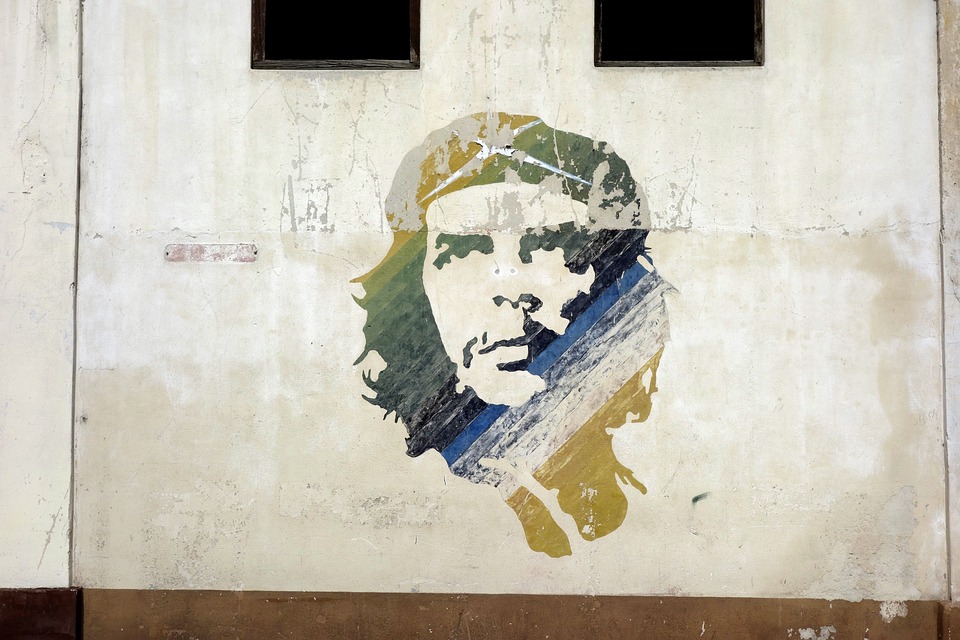The Role of Class Struggle in Marxism: A Critical Analysis
Introduction
Marxism is a theory that is based on the idea that society is divided into different classes based on their relationship to the means of production. According to Karl Marx, the founder of Marxism, the history of all hitherto existing society is the history of class struggles. In this article, we will analyze the role of class struggle in Marxism and its implications for society.
Overview of Class Struggle in Marxism
According to Marx, the class struggle is the driving force behind historical change. The relationship between the ruling class (bourgeoisie) and the working class (proletariat) is marked by exploitation and oppression. The bourgeoisie owns the means of production (factories, land, etc.) and profits from the labor of the proletariat, who are forced to sell their labor power in exchange for wages.
The class struggle is not just an economic conflict but also a political and social one. The ruling class uses its economic power to maintain its dominance and control over society, while the working class seeks to overthrow the capitalist system and establish a classless society based on equality and justice.
Implications of Class Struggle in Society
The class struggle has far-reaching implications for society as a whole. It shapes the social, political, and economic relations between different classes and determines the distribution of power and resources in society. The conflicts between the ruling class and the working class can manifest in various forms, such as strikes, protests, revolutions, and social movements.
The class struggle also affects the ideology and culture of society. The ruling class uses its economic and political power to shape the dominant ideology and control the means of communication and education. This enables them to maintain their dominance and perpetuate the status quo. On the other hand, the working class seeks to challenge the dominant ideology and create alternative forms of resistance and solidarity.
Critique of Class Struggle in Marxism
While the concept of class struggle is central to Marxism, it has been criticized by some scholars for its simplistic and deterministic view of history. Critics argue that Marx’s focus on economic factors ignores the role of other social, cultural, and political factors in shaping society. They also question the idea that social change is solely driven by the conflict between the ruling class and the working class.
Furthermore, some critics argue that Marx’s emphasis on class struggle overlooks the diversity and complexity of social relations within each class. Not all members of the ruling class are equally powerful or exploit others, and not all members of the working class are equally oppressed or united in their interests. This nuance is often missing in Marxist analysis of society.
Relevance of Class Struggle in Contemporary Society
Despite these criticisms, the concept of class struggle remains relevant in contemporary society. The gap between the rich and the poor has widened in many countries, leading to social unrest and political upheaval. The rise of neoliberalism and globalization has further exacerbated inequalities and heightened class tensions.
The class struggle is evident in various social movements and protests, such as the Occupy Wall Street movement, the Black Lives Matter movement, and the Fight for 15 campaign. These movements seek to challenge the power and privilege of the ruling class and amplify the voices of marginalized communities.
Conclusion
In conclusion, the class struggle is a central concept in Marxism that highlights the conflicts and contradictions within capitalist societies. While Marx’s analysis of class struggle has been criticized for its simplifications and determinisms, it remains a powerful tool for understanding the dynamics of power and inequality in society.
The class struggle is not just an economic conflict but also a political, social, and cultural one. It influences the distribution of power and resources in society and shapes the ideology and culture of different classes. Despite its limitations, the concept of class struggle is crucial for analyzing and challenging the injustices and inequalities that exist in contemporary society.




